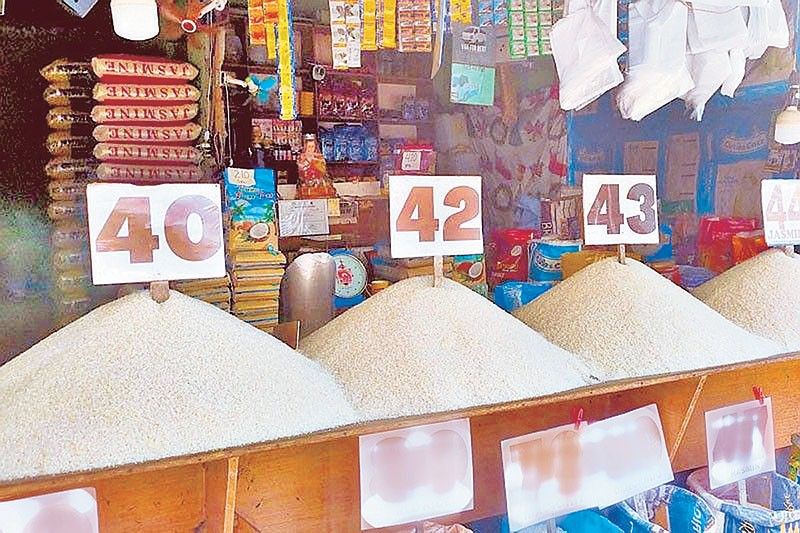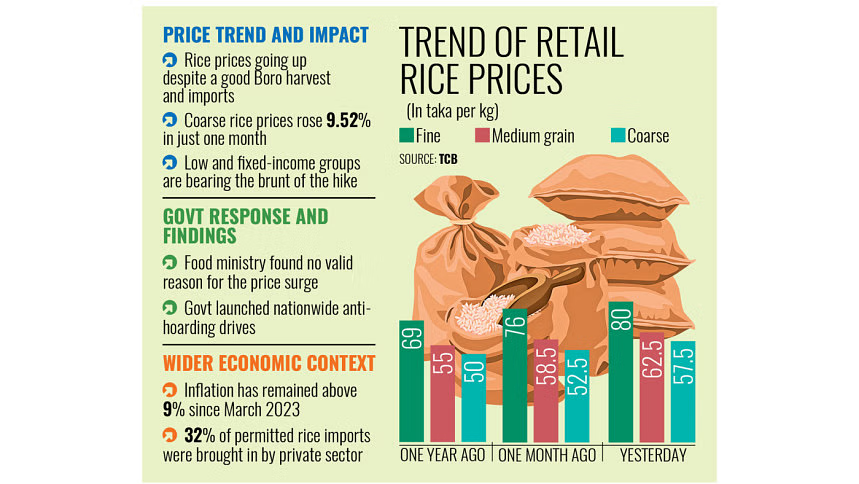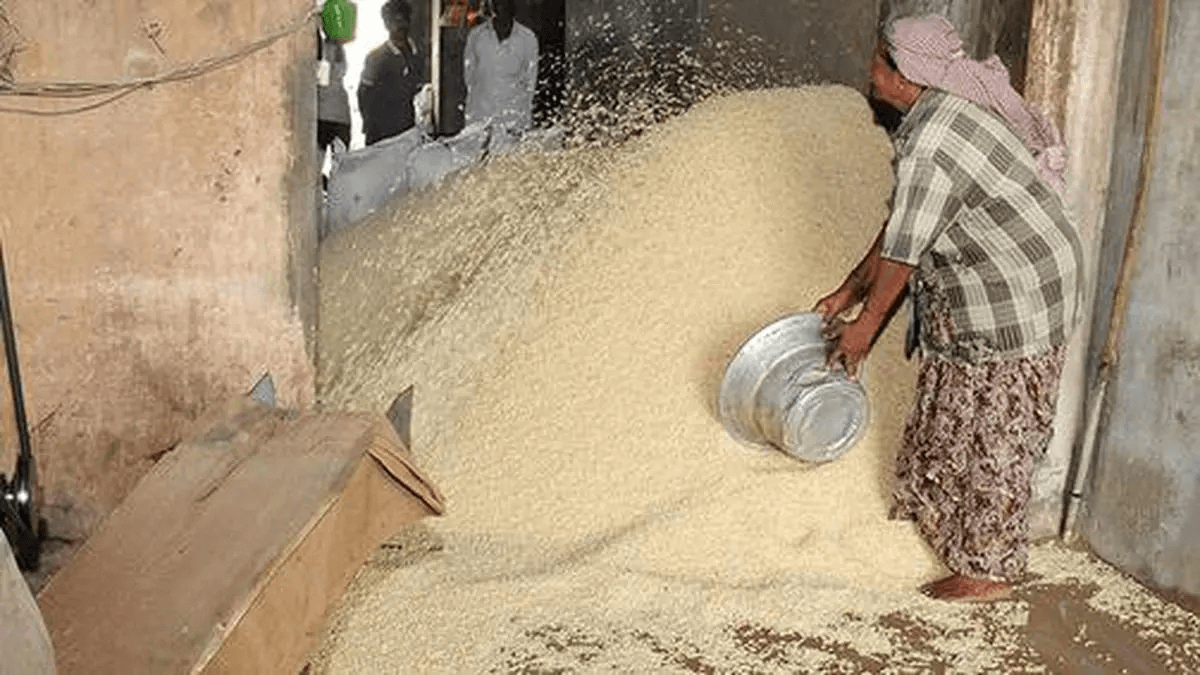Tags
P42/kilo rice possible as tariff cut takes effect
Jasper Emmanuel Arcalas

Industry group expects rice prices to range from P42 to P46 per kilogram this July as a result of the reduced rice tariffs.
MANILA, Philippines — Some retailers in the country vowed yesterday to sell rice for as low as P42 per kilogram beginning next month once the reduced tariff rates on imported staple takes effect.
The Philippine Rice Industry Stakeholders Movement (PRISM) said it expects rice prices in the market to range from P42-P46 per kilogram as a result of the reduced rice tariffs.
President Marcos recently formalized the reduction in rice tariffs to 15 percent from the present 35 percent through Executive Order (EO) 62. Under the EO, the tariff cut would take effect on July 5, 2024.
PRISM is a group composed of various players in the rice industry from seed growers, farmers, millers to traders, importers and retailers.
“This is one of the things that we would do so that the markets would feel the effect of EO 62. We expect rice prices to be between P42 and P46 per kilogram this July,” said Orly Manuntag, co-founder of PRISM and spokesman of the Grains Retailers Confederation of the Philippines.
Retail prices of rice currently range between P52 and P55 per kilogram.
PRISM co-founder and lead convenor Rowena Sadicon assured rice farmers that their interests would be advanced by the group amid the tariff reduction.
“We will push for cluster farming and ensure that they will get the necessary help so that our local production would not be neglected,” she said.
The leaders of PRISM met with House Speaker Ferdinand Martin Romualdez and other leaders of the House of the Representatives yesterday to discuss the impact of the reduced rice tariffs on the domestic market.
Present during the meeting were House committee on appropriations chairman Zaldy Co, House committee on agriculture and food chairman Mark Enverga, Deputy Majority Leader Erwin Tulfo and National Food Authority OIC-Administrator Larry Lacson.
This developed as the National Economic and Development Authority (NEDA) said reduced rice tariffs may not necessarily remain in place until 2028 and may revert back to previous levels.
NEDA said a periodic review will be conducted and the government will be flexible in responding to changes in the market.
“If the situation changes, the government must have that flexibility to re-examine its tools. If the tools have become already quite dull for a particular event, then you have to change those tools,” NEDA Secretary Arsenio Balisacan told reporters yesterday when asked if it would be possible for the reduced rice tariffs to not remain in place until 2028.
He said tariffs need to be reviewed as situations change.
“If world prices go down, you have to do what you can to adjust the tariff. That’s what many countries do,” he said.
Similar to what is done when oil prices go up, he said there is a need to have a mechanism to reduce the domestic price to ensure developments outside, especially sharp price increases, are not transmitted completely to the local economy.
“That way, we stabilize our prices and we don’t suffer from high inflation and we don’t suffer from high interest rates,” he said.
He said a dynamic economy is about being flexible.
“If you cannot navigate major changes around us, because you are so constrained from all your policy tools, then you will not be able to survive a major shock,” the NEDA chief also said.
As part of EO 62, the tariff rate for rice will be subject to a review every four months from the order’s effectivity.
For the review, the NEDA will be submitting its findings and recommendations. — Louella Desiderio
https://www.philstar.com/business/2024/06/25/2365298/p42kilo-rice-possible-tariff-cut-takes-effectPublished Date: June 24, 2024






